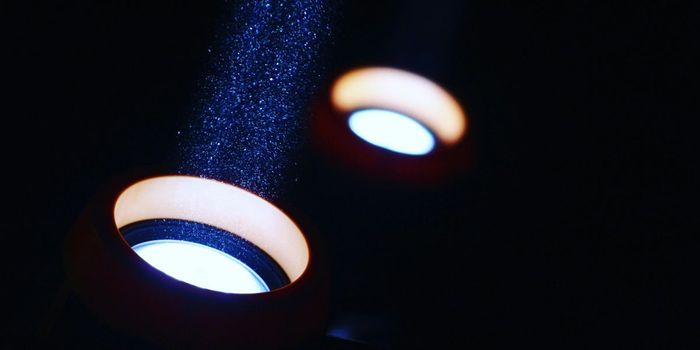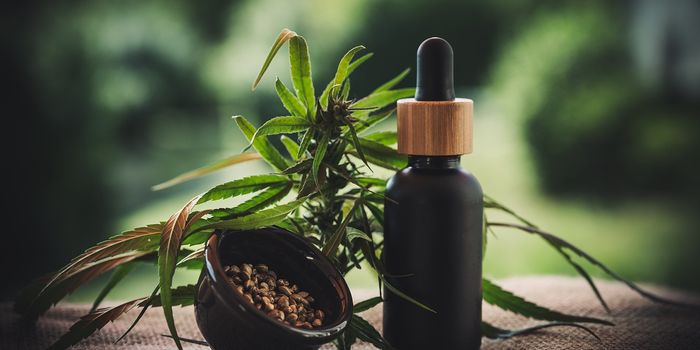Could a 1949 Malaria Drug Treat COVID-19?
In the race to halt the current coronavirus pandemic, scientists, health experts and even Elon Musk are considering chloroquine, a drug that has been used against malaria since 1949, to be a potential treatment.
Although there is as of yet no peer-reviewed clinical data showing that chloroquine is effective against COVID-19, early laboratory research and anecdotal reports on its usage provide encouraging evidence that it may be able to fight off the virus.
This comes in particular after an expert consensus from the Department of Science and Technology of Guangdong Province, China and the Health Commission of Guangdong Province discussing the usage of the drug. In particular, they recommended dosage of chloroquine phosphate tablets, 500 mg twice daily for patients diagnosed with mild, moderate and severe cases of COVID-19 pneumonia.
On top of this, a paper published by French researchers also indicated that chloroquine may be able to effectively fight against COVID-19. Given the wide availability of the drug, the researchers, led by Professor Didier Raoult of the IHU Méditerranée Infection in Marseille, France, wrote that, “If clinical data confirm the biological results, the novel coronavirus-associated disease will have become one of the simplest and cheapest to treat and prevent among infectious respiratory diseases."
For the paper, Raoult and his team conducted a non-randomized, unblinded study of 25 patients diagnosed with COVID-19. Although the data from the study is yet to be published, and thus should be taken with caution, the researchers say that after 6 days of treatment, the percentage of patients testing positive for COVID-19 treated with hydroxychloroquine fell by 75%, whereas for those who did not receive the treatment, just 10% of patients no longer tested positive.
The study went on to say that for those given a combination of both hydroxychloroquine and antibiotic azithromycin, after six days, the percentage of cases still testing positive for COVID-19 fell to just 5%. According to Raoult, “Everyone who died from COVID-19 were still carriers of coronavirus. To no longer have the virus changes the prognosis.”
Although promising results, whether the drug may really be able to treat COVID-19 is still unknown until more data from ongoing clinical trials emerge from various sites around the world.
Sources: PubMed, Tech Times, Science Direct and Medscape









